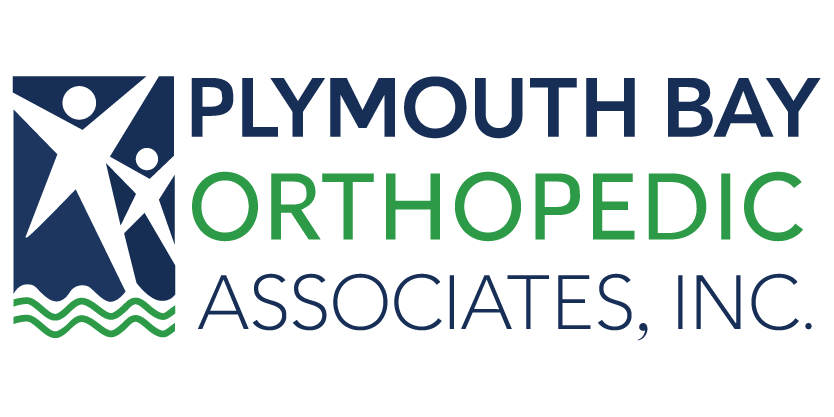Numbness or tingling in your hands could be a sign of carpal tunnel syndrome. This is a syndrome that is quite common and is often seen in people who use their hands repetitively on a regular basis. Examples would be those who type or work at a computer during the day or those who build things with their hands for several hours during the day.
The median nerve runs along your forearm and reaches the center of your hand. This nerve is responsible for controlling the movements of your thumb as well as your fingers. Your pinky is not controlled by the nerve. When the nerve is compressed or pressure is applied, it can impact the carpal tunnel in the palm of your hand. The tunnel becomes narrowed to the point that you might drop things during the day or experience numbness during the day or at night, especially when you are sleeping as you might keep your hands in the same position for an extended period without moving them.
Our team can perform tests to determine if you have carpal tunnel syndrome. These tests aren’t invasive and can give you a clear idea as to the severity of the syndrome if you do have it in one or both hands. If you keep putting off treatment, then the syndrome can become worse over time and result in difficulties moving your hands or using them for daily tasks. If you seek treatment when you first notice the symptoms, then it’s often easier to diagnose. You may not need surgery if it’s detected early on as certain conservative techniques tend to work well with carpal tunnel syndrome.
One of the first signs that you’ll probably notice with carpal tunnel syndrome is your fingers getting numb during the day or at night. This can often result in dropping things that you hold, such as your keys or dishes. When you wake up, you might have the same tingling or numb sensation in your hands. Your grip will sometimes begin to weaken. You could also notice that your hand begins to shrink as the muscles contract.
Schedule an appointment at Plymouth Bay Orthopedic Associates to learn more about carpal tunnel syndrome and the treatments that are available as well as what causes the syndrome to occur. Contact us today to book your consultation and get started!
